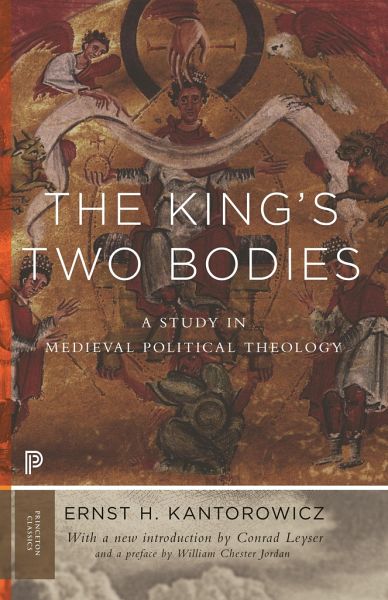
The King's Two Bodies
A Study in Medieval Political Theology
Mitarbeit: Leyser, Conrad

PAYBACK Punkte
18 °P sammeln!
In 1957 Ernst Kantorowicz published a book that would be the guide for generations of scholars through the arcane mysteries of medieval political theology. In The King's Two Bodies, Kantorowicz traces the historical problem posed by the "King's two bodies"--the body politic and the body natural--back to the Middle Ages and demonstrates, by placing the concept in its proper setting of medieval thought and political theory, how the early-modern Western monarchies gradually began to develop a "political theology." The king's natural body has physical attributes, suffers, and dies, naturally, as d...
In 1957 Ernst Kantorowicz published a book that would be the guide for generations of scholars through the arcane mysteries of medieval political theology. In The King's Two Bodies, Kantorowicz traces the historical problem posed by the "King's two bodies"--the body politic and the body natural--back to the Middle Ages and demonstrates, by placing the concept in its proper setting of medieval thought and political theory, how the early-modern Western monarchies gradually began to develop a "political theology." The king's natural body has physical attributes, suffers, and dies, naturally, as do all humans; but the king's other body, the spiritual body, transcends the earthly and serves as a symbol of his office as majesty with the divine right to rule. The notion of the two bodies allowed for the continuity of monarchy even when the monarch died, as summed up in the formulation "The king is dead. Long live the king."



